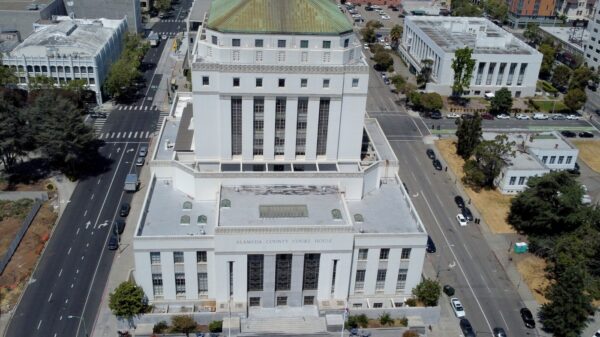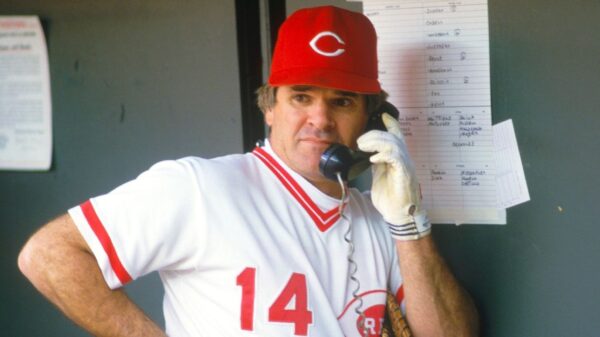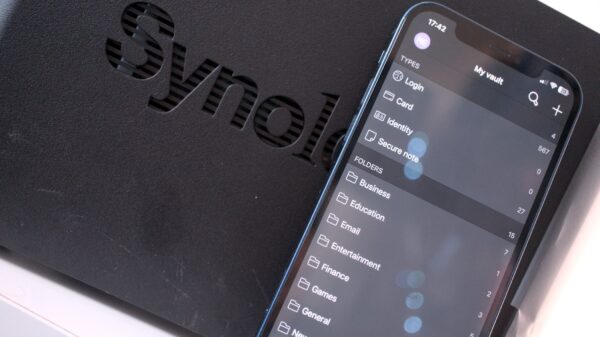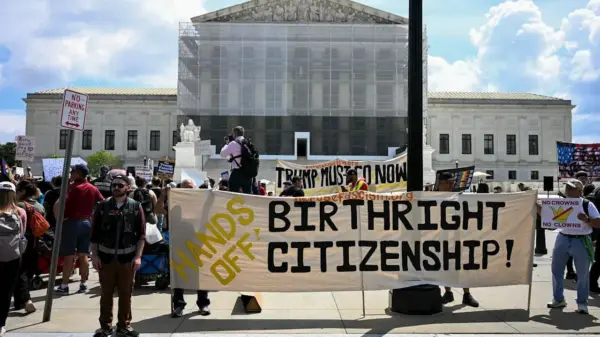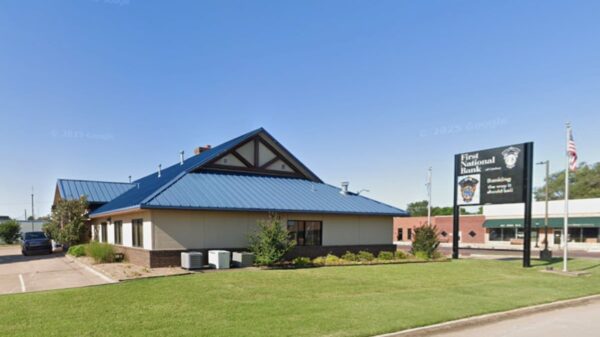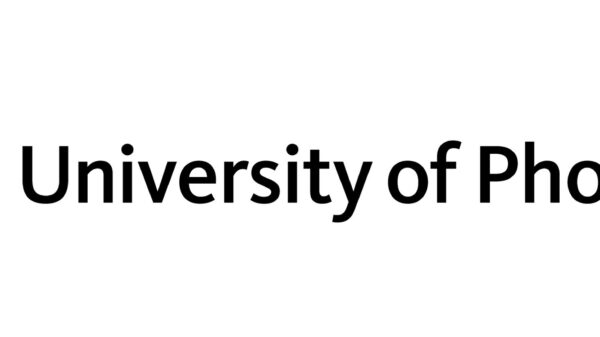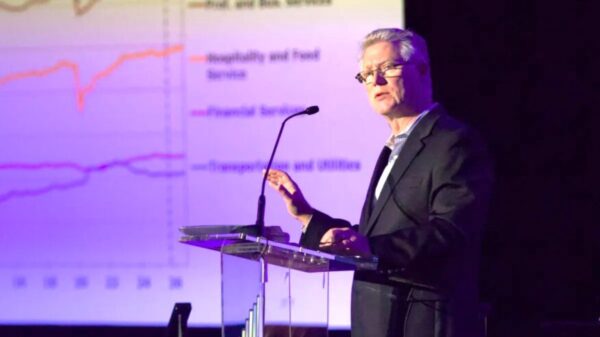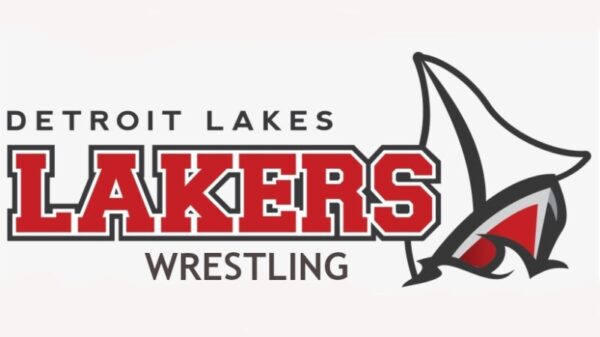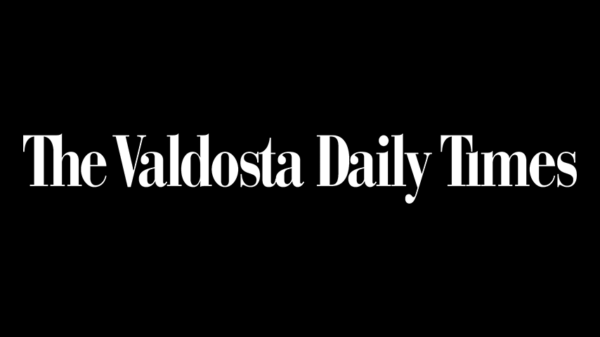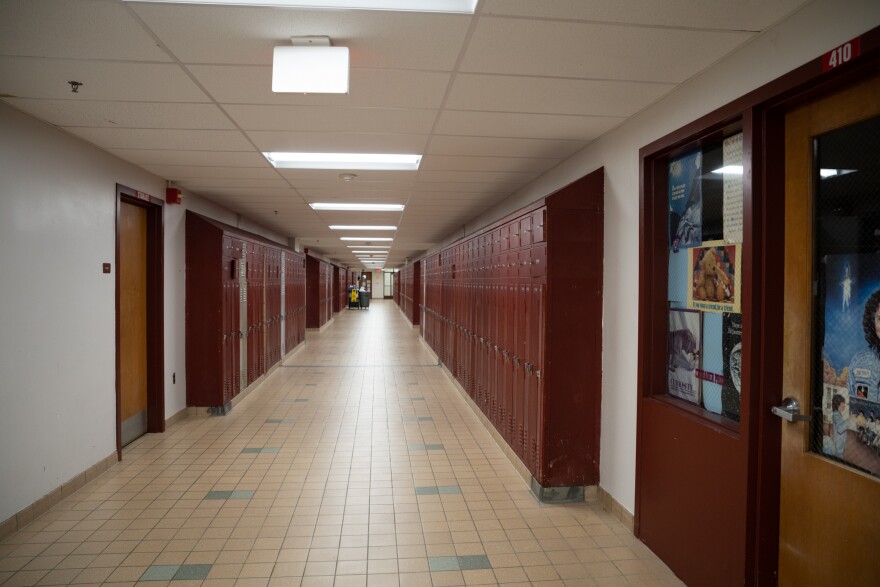New Hampshire’s public schools have become a focal point for political tensions following the assassination of conservative activist Charlie Kirk on March 15, 2024. In response, Republican lawmakers are moving to implement measures they claim will protect students from what they refer to as “leftist indoctrination.” At least two teachers are currently on paid leave amid allegations they made inappropriate remarks regarding Kirk’s death.
House Majority Leader Jason Osborne announced new legislation on March 19 that would enforce strict guidelines against what he calls “anti-American indoctrination” in public schools. The proposed bill, informally referred to as the “CHARLIE Act,” includes severe penalties for educators found in violation, including the potential loss of teaching credentials and fines of up to $10,000 for each incident.
Concerns regarding the implications of such legislation are growing, particularly around educators’ rights to free speech. The proposed measures come after prior attempts to limit discussions on topics like race, gender, and sexual identity in New Hampshire classrooms, which have faced legal challenges from federal judges citing First Amendment protections.
Free Speech and Its Boundaries
According to First Amendment lawyer Greg Sullivan, the teachers currently under scrutiny may have a case for free speech protection. However, he notes that comments made within a school context carry less protection than those made outside of it. For example, one teacher at Manchester Central High School reportedly made comments directly to students, while another from Timberlane High School expressed his feelings about Kirk’s death on social media, stating he was “glad” Kirk was dead.
Sullivan highlighted a significant Supreme Court ruling from 2021, which dealt with a Pennsylvania high school cheerleader suspended for her critical social media posts. The court ruled in her favor, reinforcing that students and teachers do not lose their constitutional rights on school grounds. Nonetheless, the court also acknowledged the need for schools to maintain order and regulate speech that disrupts the learning environment.
The two teachers involved have not publicly responded to requests for comment. Superintendent Justin Krieger of the Timberlane Regional School District declined to provide details, while Jennifer Chmiel, superintendent of the Manchester School District, communicated to staff the importance of handling the situation with professionalism and adherence to ethical standards.
The “CHARLIE Act” and Its Provisions
Following Kirk’s assassination, Osborne urged his colleagues to take a hard stance against what he perceives as prevalent indoctrination in New Hampshire schools. In an email to House Republicans, he described schools as the “primary breeding ground for polarizing propaganda.”
The draft legislation spans nearly three pages and includes a range of prohibitions. Teachers would be barred from presenting LGBTQ+ issues as normative or from suggesting that the Constitution is fundamentally flawed or oppressive. The bill emphasizes the need for “factual, neutral instruction” and states that historical lessons, including those on slavery and the civil rights movement, should be presented objectively.
Concerns about classroom discussions have prompted individuals like former Manchester School Board member Richard Girard to take action. Girard reported alleged misrepresentations of Kirk’s views by one teacher, claiming that such rhetoric contributed to a hostile classroom environment. He stated that it is essential for discussions about political figures to be facilitated in a neutral manner, allowing students to express diverse perspectives.
Both school districts continue to investigate the allegations against the teachers, highlighting the ongoing debate over educational content and the balance between free speech and appropriate classroom conduct. As the situation unfolds, the actions taken by New Hampshire Republicans may set a precedent for similar legislative efforts across the country.



